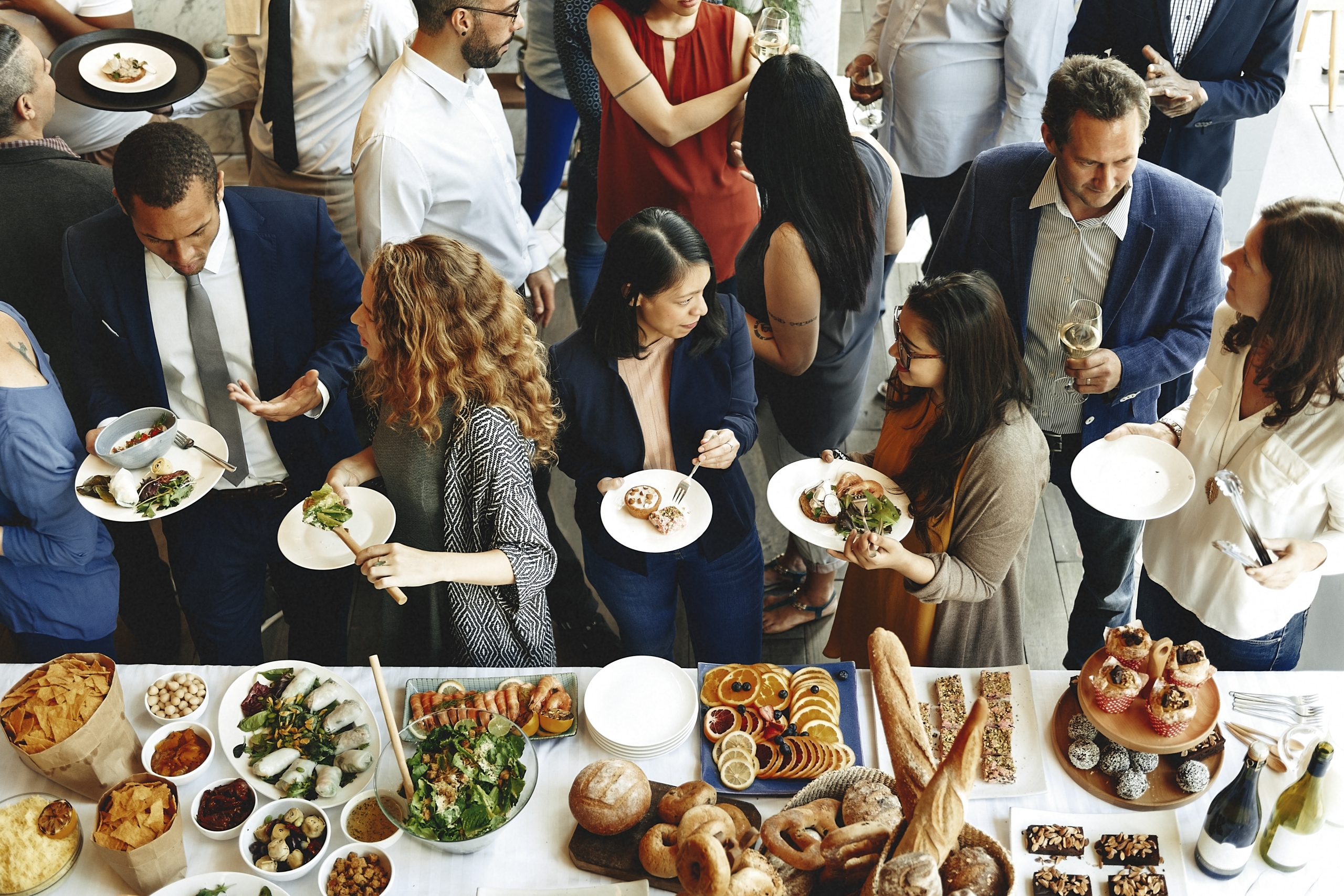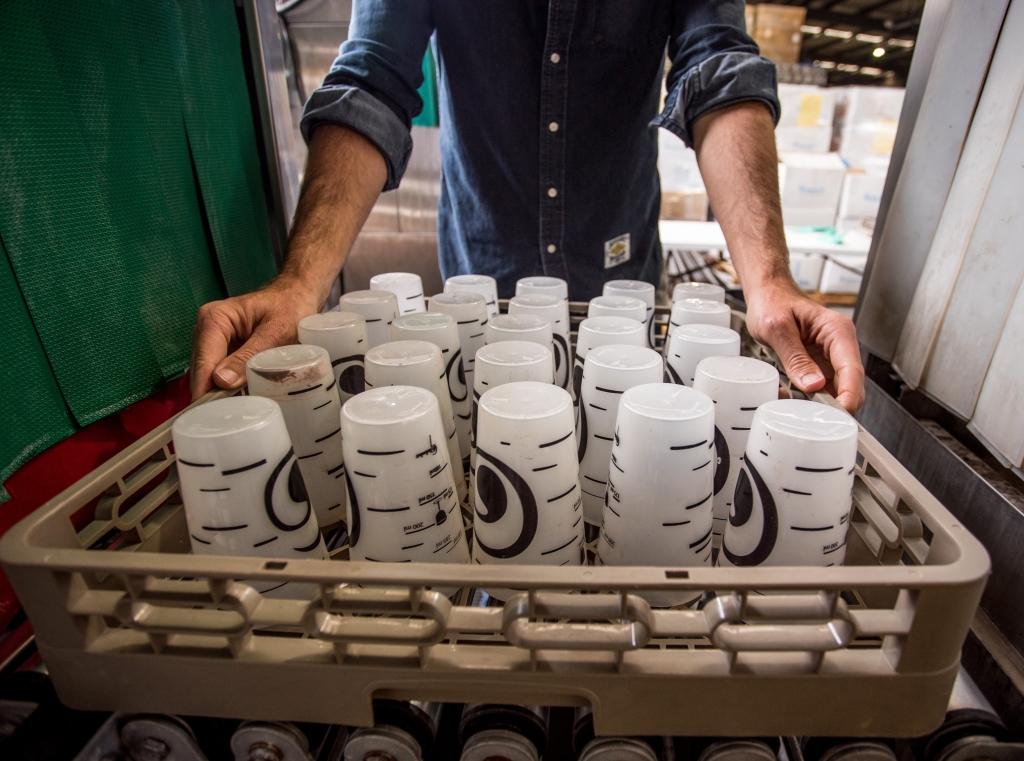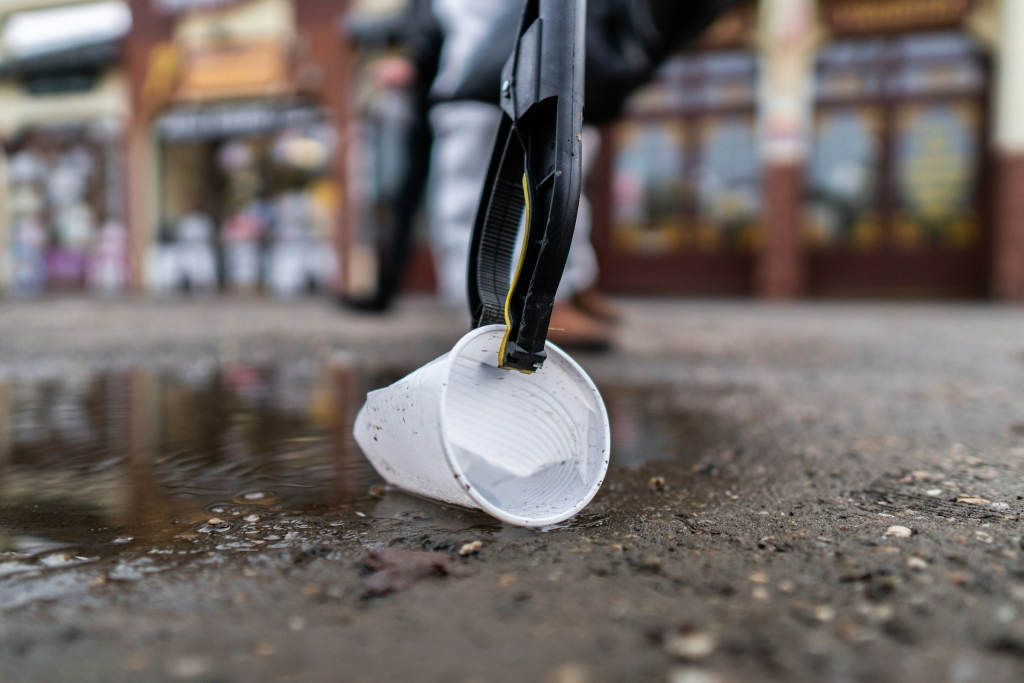In a just-released research piece, DRIFT’s Rachel Greer, Timo von Wirth, and Derk Loorbach examine how local experiments into circular catering can go mainstream. Drawing from the case study of Rotterdam’s urban living lab BlueCity010, the research offers insights into how to increase and scale cleaner production practices towards a circular economy.
Circular alternatives to regular services are facing the problem of diffusing beyond local experimentations in niches to become mainstream. This is the entry point for our case study examining niche experimentation in the form of circular catering, as developed within the urban living lab BlueCity010 in Rotterdam, the Netherlands.
This case sets itself against the background of the national policy program “Circular Netherlands in 2050” and larger socio-political efforts to accelerate the transition to a circular economy in the Netherlands.
The article titled “The diffusion of circular services: Transforming the Dutch catering sector” looks at various manners through which niche and regime actors connect, including actions taken to facilitate the diffusion of circular catering and settings that created a favorable environment. Our findings also include quantitative values for indicators of success from a Dutch ministry (e.g. CO2 emissions range, percent of animal protein, reduction of food waste), which appear in their very preliminary stage to be on track for meeting their circularity goals within catering.
Our research offers novel empirical insights into how to increase and scale cleaner production practices towards a circular economy through circular startups. Among other observations, we summarise 15 principles for connecting and integrating niche innovations to incumbent practices.




